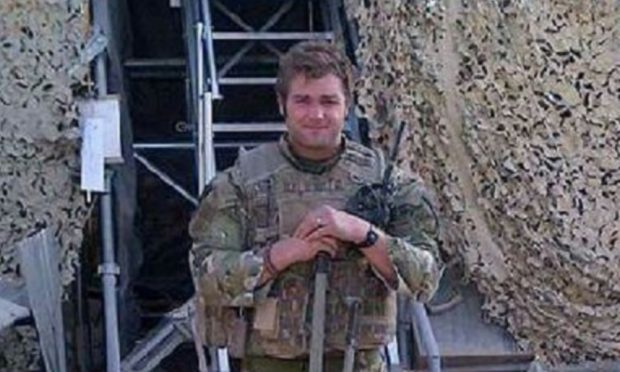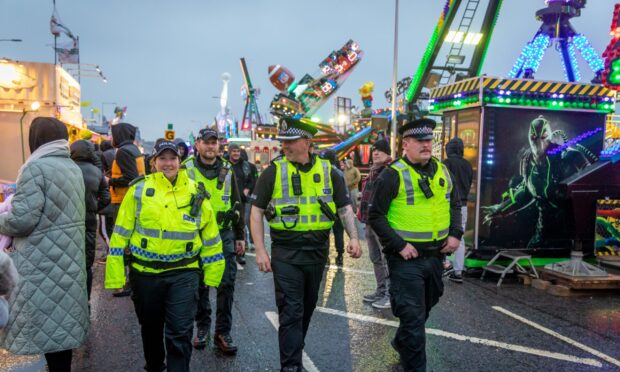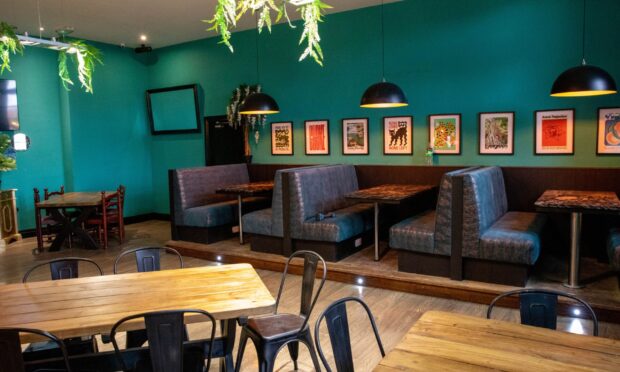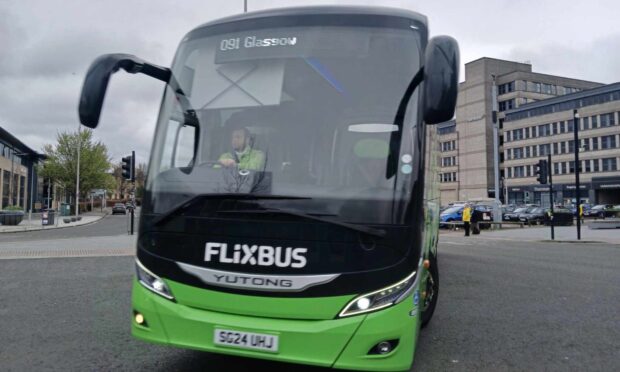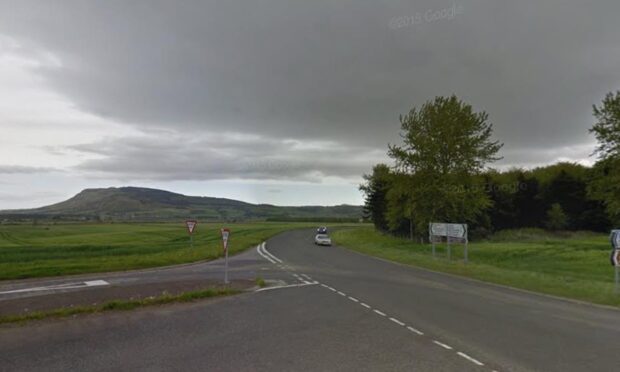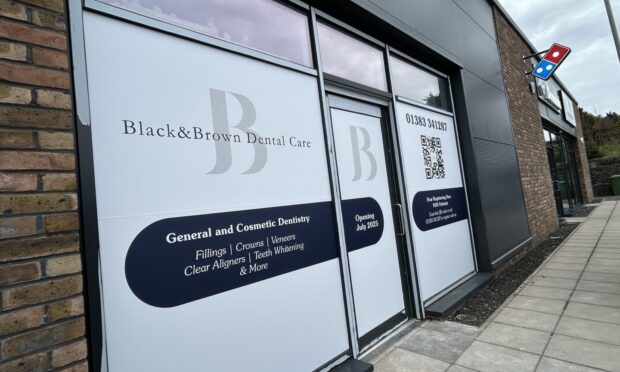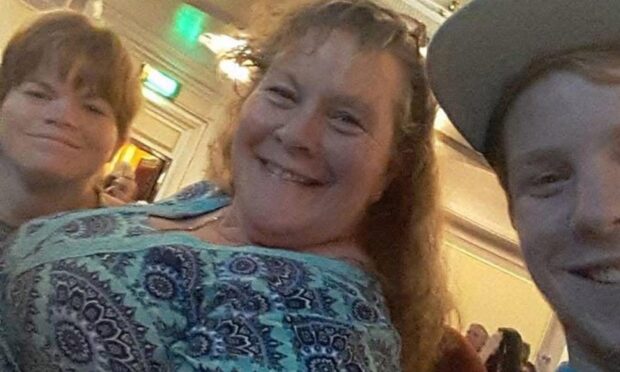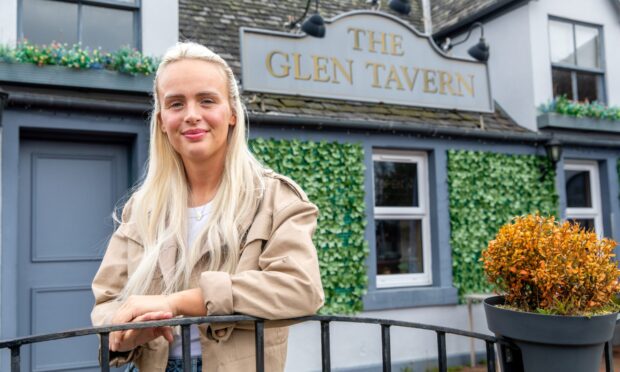The wife of an injured Fife war veteran is backing a new Help for Heroes campaign encouraging armed forces families to come forward for mental health support.
The charity says many people’s wellbeing is being directly affected as a result of a family member’s situation – yet stigma is stopping them from speaking up.
Kerry Watson, from Dunfermline, faced a struggle after her husband Kenny, 28, was diagnosed with post traumatic stress disorder (PTSD).
Kenny suffered hearing loss and back injuries after he was caught in two bomb blasts in Afghanistan in 2012 while serving with the 3rd Battalion the Rifles.
He was medically discharged from the army last year and found family life hard to deal with.
His difficulties put a strain on his loved ones, Kerry recalls.
“Kenny was emotionless, even though we had a baby, Harris,” she said.
“I was excited and happy at Harris’s milestones – putting on weight, sitting up for the first time, smiling.
“But Kenny was in his own little world and the army was all that mattered; he had no enjoyment of things like days out or walking the dogs.”
She admits she found his reactions hard to understand.
“He had a new wife, a lovely son, we had no problems, so why was he not happy?” she said.
“Kenny was always upbeat before – if I was ever worried or upset he would cheer me up.
“It was such a change – I can’t even describe how different he was. I thought it was me, that Kenny didn’t want to be part of a family, that we were going to get divorced.”
The couple eventually sought help from medical professionals and got support from Help for Heroes after Kerry went on a mental health first aid course and alarm bells started ringing.
Kerry, who is currently studying for a psychology degree, explained: “The instructor had PTSD herself from serving in the forces and was talking about her own experiences – including having no interest in life.
“Every word she said described Kenny. He was convinced it was normal to feel like that but I felt sure it was depression – he fitted every criteria.”
Help for Heroes research indicates 39% of veterans try to cope alone stating that they “don’t feel [they] have the right to seek help”. Almost half (43%) say they “need to be the strong one”, and 16% admit they would be “afraid of appearing weak”.
One in three would turn to a family member, friend or other veteran, wife/family before approaching their GP or a medical professional.
Help for Heroes’ Hidden Wounds initiative provides free and confidential support to ex-service personnel, their families and the families of those still serving, who are living with anxiety, depression, stress, anger or who wish to change their drinking habits.
Karen Mead, the charity’s head of psychological wellbeing, said: “When veterans are struggling, their loved ones can be a force for good.
“We need to remind families that they are an important part of their veteran’s support network and they are just as deserving of support as their veteran.”
